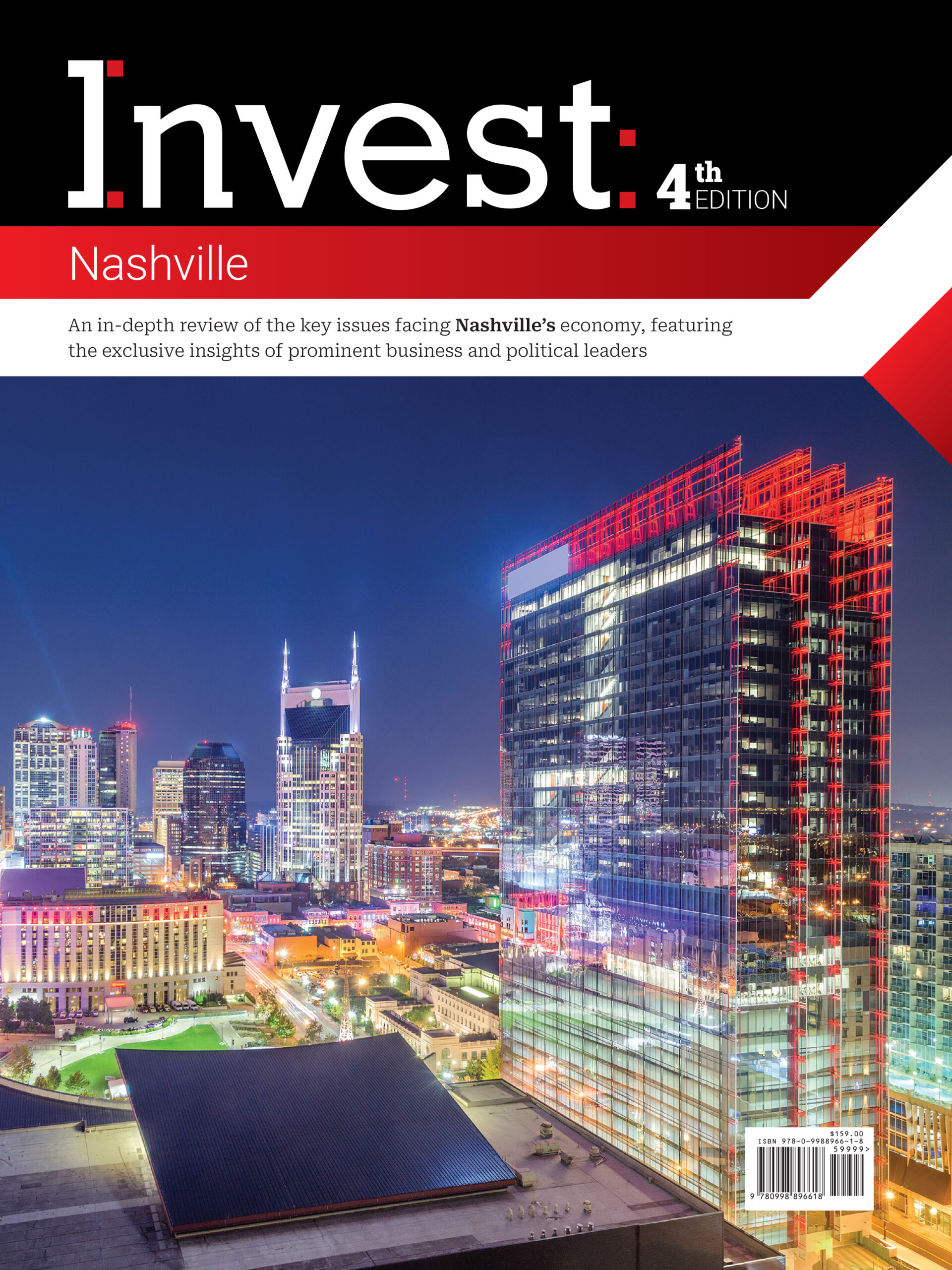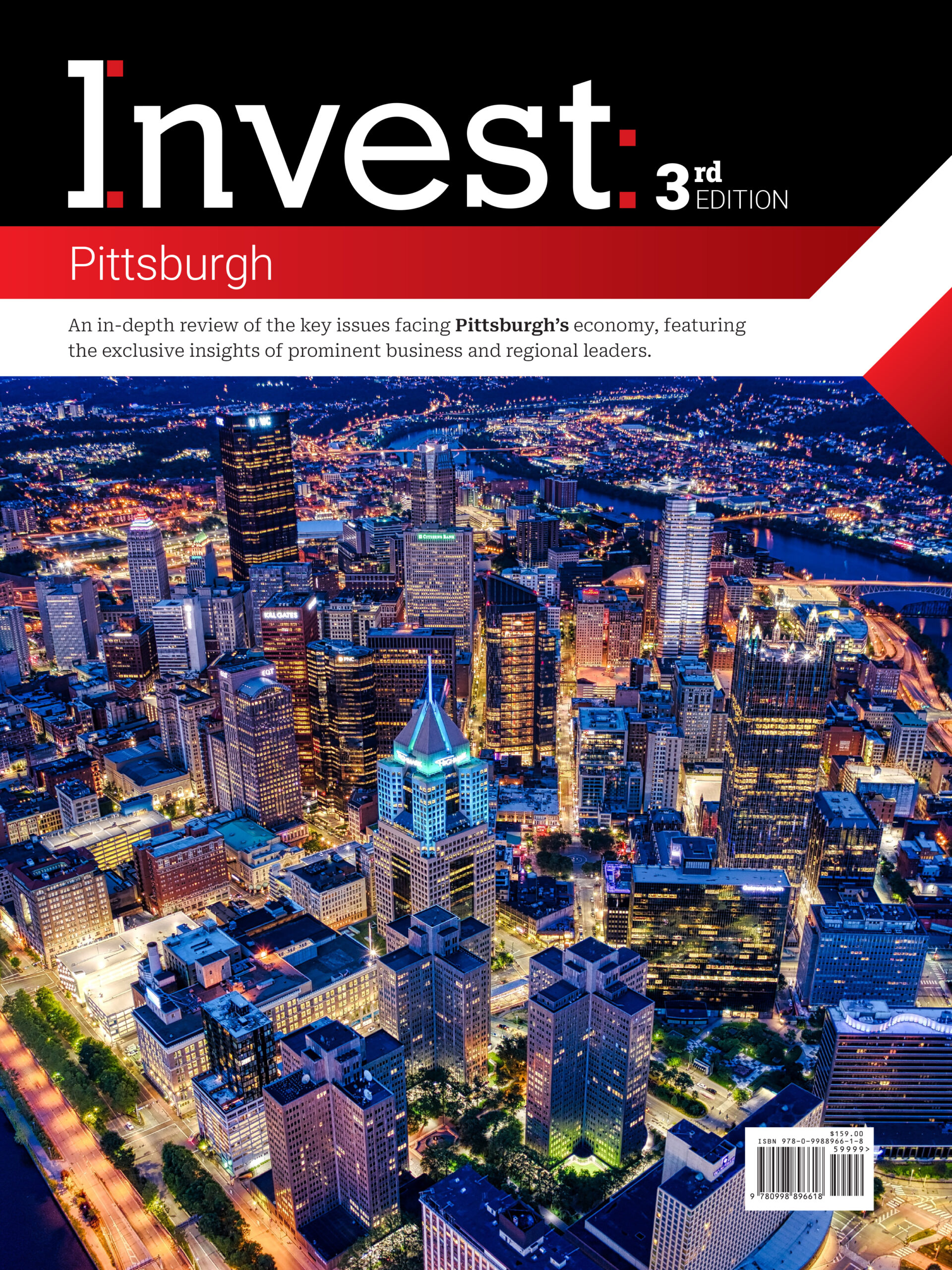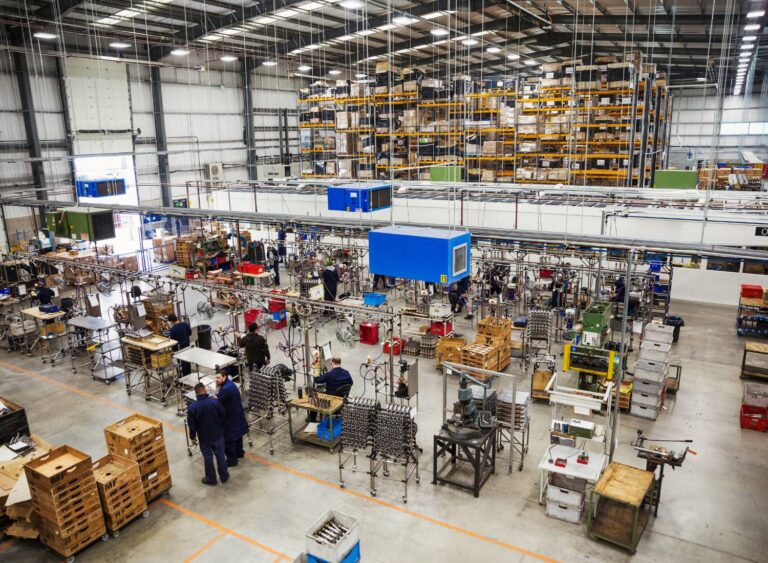Spotlight On: Steve Vitale, Regional President, Commercial Banking, New Jersey, Pennsylvania & Hudson, Valley Bank
 June 2023 — Invest: sat down with Steve Vitale, regional president of commercial banking at Valley National Bank, to discuss navigating recent volatility and the importance of maintaining stability and strength through diversification. “We have to keep engaging our clients by understanding their financial health, so we can predict the potholes ahead and help them navigate it,” he said.
June 2023 — Invest: sat down with Steve Vitale, regional president of commercial banking at Valley National Bank, to discuss navigating recent volatility and the importance of maintaining stability and strength through diversification. “We have to keep engaging our clients by understanding their financial health, so we can predict the potholes ahead and help them navigate it,” he said.
What are some challenges that you are addressing given the current economic situation?
We have been able to weather the volatility in the banking sector well because of our balance sheet diversification, stability and strength. It is important to emphasize why. When you look at our business model, you can see that we don’t try to be all things to all people. However, we want to be everything to our clients and the communities we serve. The states we operate in are diverse. At the end of the first quarter, our deposits were $47.6 billion and those deposits are diverse. They include 625,000 commercial and residential customers with an average balance of $58,000, and the average duration of deposit relationships with the bank is 10 years. About 75% of our deposits are FDIC insured. These are ways that banks can operate from a position of stability and strength, while serving our diverse communities. Likewise, our loan and deposit portfolio reflects that diversity and that has worked well for us through economic turmoil. Many banks are focused on a niche, and they may not have benefitted from that diversification.
How has Valley National Bank positioned itself for success?
If you look at our portfolio, you will see that as a regional bank we serve the entirety of our community. However, we know we can’t treat a local million-dollar revenue small business the same way as a hundred million-dollar mid corporate business. To ensure we’re providing more specialized service, we recently launched a community banking program that focuses on the micro-business sector.
Valley has also segmented its loan platform, so we can serve different levels of the business community. We recognize that it isn’t just a matter of understanding the needs of different segments; we also have to predict the inherent risks so we can help business owners safely navigate them. These practices contribute to our strength and stability. We truly understand that every demographic has different needs and risk appetites, and therefore, we need to hire and train people who understand those needs, so that we can mitigate those risks in that sector. This allows us to drive economic diversity in a way that is safe and sound for investors and depositors.
In what industry do you see the most activity?
We are fortunate in New Jersey because it is an economic hub for the Northeast corridor. Newark International Airport and the seaports are big anchors, the I-95 goes right into Philadelphia, and we are close to New York City. Amazon has invested in infrastructure in this area, so we are starting to see a lot of industries that are ancillary to the e-commerce sector. We are also seeing a lot of activity in warehousing, logistics, distribution, and other connected industries and many companies are benefiting from upgraded infrastructure in the area. New Jersey is right in the middle of it all.
How are you impacted by the compression of the last decade?
Diversification in our business group is important. There is a way to serve clients and be profitable, while inflation and interest rates are high, and with the possibility that the Fed may raise rates again. We have seen compression in net interest margin, as banks are paying more on deposits. That is the liability side of the balance sheet. We can make up for that difference by helping business clients manage the market. Those clients are looking for banks like Valley to provide them with ideas, knowledge, and solutions. We can do this through sophisticated platforms of interest rate derivatives that allow customers to navigate volatility. We also have long-term and short-term solutions, and we have products that allow debt to float. This way, if interest rates hit a certain point, it locks in. That is where the bank can really offer added value for our clients.
What products are you offering that are seeing an increase in demand?
Many people are concerned about interest rates but with the war in Ukraine, we have seen foreign exchange volatility become more prominent with some of our customers experiencing foreign exchange volatility risk. For example, the euro was strong against the dollar a year ago. Now, there is parity, so customers may want to lock in that exchange rate at a favorable time so they have more purchasing power. We have been promoting this product to customers who are looking for more sophisticated capabilities with personalized service.
What is the role of technology in banking?
Technology is playing a huge role in the banking sector and financial institutions will continue to partner with fintech companies to make banking easier and more efficient for customers. We just announced the launch of a new platform that incorporates the solutions of hundreds of fintechs. That platform allows us to test drive new digital solutions in a safe and separate sandbox and to leverage the solutions of multiple fintechs via one bank’s facilitated portal. There is a lot of focus on “shiny” solutions, but it is incumbent on the bank to make sure they are not disruptive to clients as we integrate them.
What makes New Jersey a good place for business?
New Jersey has a great diversification of industries but also diversification in the size of businesses. We aren’t dominated by large businesses, which allows small and midsize businesses to be real players in this area. New Jersey is a hotbed for entrepreneurs and minority owners who are looking to open small businesses. E-commerce is also driving a lot of economic opportunity in the area.
What is your outlook for the next two to three years and what will your priorities be?
We need to understand our clients’ financial health so we can predict the potholes ahead and help navigate them. The other component is providing innovative ideas and solutions. We can’t assume they always know what they need, which is why they need to leverage their banking relationship. With today’s uncertainty, it helps to build strong relationships. Email and texting are great, but nothing beats meeting and talking with your clients face-to-face or on the phone.
For more information, visit:












